Environment, Power, and Injustice: A South African History
This book presents the socio-environmental history of black people around Kuruman, on the edge of the Kalahari in South Africa. Considering successive periods - Tswana agropastoral chiefdoms before colonial contact, the Cape frontier, British colonial rule, Apartheid, and the homeland of Bophuthatswana in the 1980s - Environment, Power and Injustice shows how the human relationship with the environment corresponded to differences of class, gender, and race. While exploring biological, geological, and climatological forces in history, this book argues that the challenges of existence in a semidesert arose more from human injustice than from deficiencies in the natural environment. In fact, powerful people drew strength from and exercised their power over others through the environment. At the same time, the natural world provided marginal peoples with some relief from human injustice.
{{comment.content}}
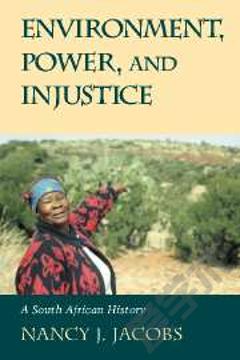


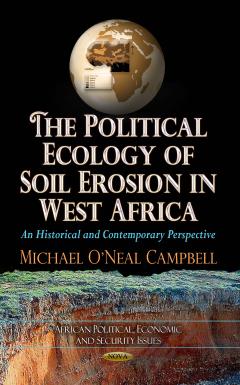
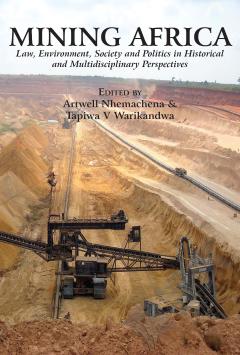
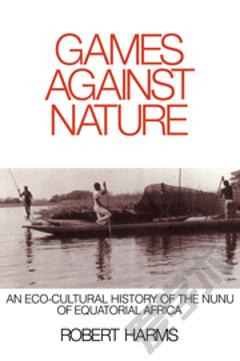
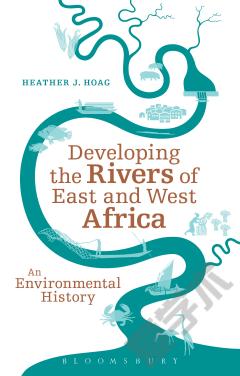

 京公网安备 11010802027623号
京公网安备 11010802027623号